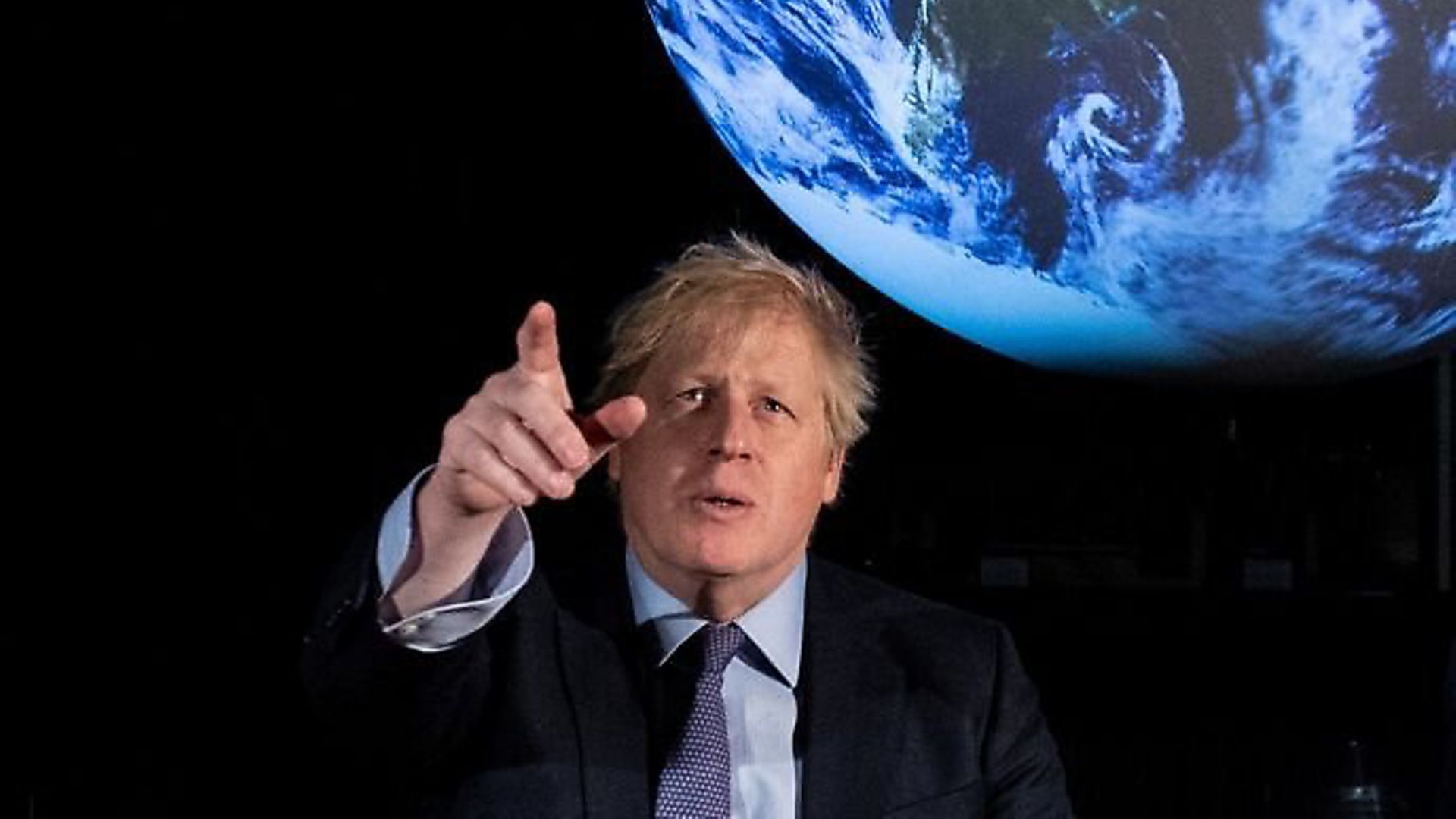
British attempts to rival the European’s Galileo satellite navigation system – hailed as a symbol of post-Brexit independence – has floundered after a series of disagreements over the costly space project.
The government had intended to rival the EU’s Galileo system, which will have 24 satellites orbiting earth to serve satellite navigation systems, as well as high level encryption services for public service authorities and the military.
One of Johnson’s first acts in office was to back the proposals, first proposed by Theresa May’s government.
“Let’s get going now on our own position navigation and timing satellite and earth observation systems – UK assets orbiting in space with all the long-term strategic and commercial benefits for this country,” he said.
But the Financial Times reports that the costs have risen from approximately £3 billion to £5 billion, with space industry insiders claiming that there was little understanding of what was actually involved.
Have your say
Send your letters for publication to The New European by emailing letters@theneweuropean.co.uk and pick up an edition each Thursday for more comment and analysis. Find your nearest stockist here or subscribe to a print or digital edition for just £13. You can also join our readers' Facebook group to keep the discussion and debate going with thousands of fellow pro-Europeans.
“The problem is that this programme was launched in the political environment of Brexit, but there has been no discussion among stakeholders about what the requirement is,” one space industry expert claimed. “We are having a pause.”
Another industry insider blamed the government’s lack of expertise in this area.
“In recent months there has been delay after delay. It seems the UK lacks the expertise to judge the industry proposals so everything is taking much longer.”
An announcement was expected this month, but a Cabinet Office review has now reportedly questioned whether the full project is necessary, with some experts saying the pause provides an opportunity to try something different to the original scope.
Stuart Martin, chief executive of the Satellite Applications Catapult and a member of the UK Space Council told the newspaper: “This is an opportunity to do something that goes well beyond Galileo.
“If we do this it will give us an immediate export opportunity and we would be adding to the systems already there.”
The Express reported last month the head of the Civil Service, Sir Mark Sedwill, branded the project “unrealistic and unaffordable” in a meeting, leaving Boris Johnson “visibly angry” at civil servants for putting a “dampener” on it.








